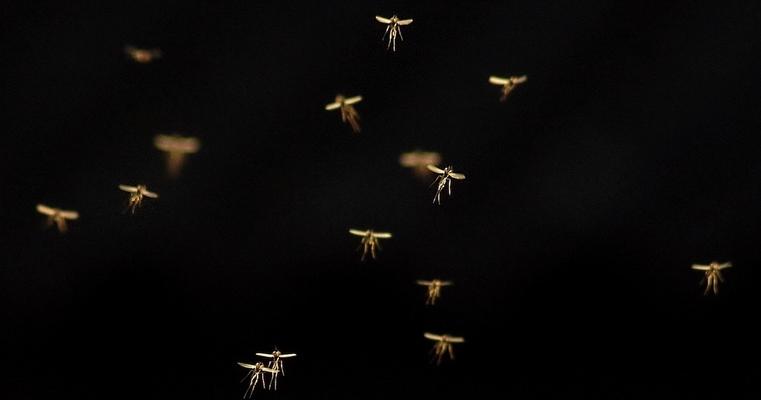
Climate Change and Health: Infectious Diseases
This blog is a part of a new series from Climate Reality on the many ways that climate change is impacting human health. Check back for content on topics like hurricanes, heatwaves, asthma, and more.
We’ve all been there – chilling in the backyard with a cold drink in our hands until the moment was ruined by an uncontrollable itch. And then another itch. And another one. Suddenly a buzzing sound around our ears confirmed a strong suspicion.
Mosquitoes were having their own party. We’ll leave the rest to your imagination.
Sometimes these tiny bloodsuckers are harmless, leaving behind only a small bump and light rash before flying away. But mosquitoes – as well as ticks and flies – can also carry and spread dangerous diseases. These vectors can transmit diseases like dengue and and malaria, among others. Which makes them the deadliest animal known to humans, killing more people each year than all others combined.
Now, they and other disease-carrying pests – known to scientists as “vectors” – are spreading farther and bringing diseases to places where they hadn’t been previously as our climate is changing.
>> Here’s how climate change, heatwaves, and health are all intertwined <<
As humans burn more and more fossil fuels, heat-trapping gases like carbon dioxide are released into our atmosphere. As a result, we’re seeing warmer-than-average years, extreme heatwaves, and heavier rains. The perfect conditions for insects to thrive.
These vectors live longer lives in extended periods of warm weather. Fly into new areas that were previously too cold. And reproduce in water deposits left by the rain.
Climate change is also giving a helping hand to waterborne pathogens like bacteria, viruses, and protozoa, which flourish in warmer waters and endanger our health.
The Sting of Climate ChangeMosquitoes are some of the world's deadliest creatures...and a warming limate is helping them thrive.
Posted by The Years Project on Tuesday, August 21, 2018
The result? Scientists have already identified a higher incidence of certain infectious diseases (transmitted by both vectors and waterborne pathogens) as well as changes in the places they reach around the globe:
- Lyme disease: A recent CDC report found that the number of cases of illnesses transmitted by ticks more than doubled between 2004 and 2016 in the US; the greatest jump was seen in cases of Lyme disease. Researchers identified warming temperatures and shorter winters as one of the reasons. Also, the change in weather allowed ticks to invade areas that had previously been too cold for them to live.
- West Nile virus: Temperatures soared this past summer in Europe. At the same time, there was a sharp spike in West Nile virus infection – with more than 400 cases reported. Health experts believe the two are connected. The disease is spread by mosquitoes that have fed on infected birds, and warmer temperatures have helped to start the transmission season early.
- Malaria: In Ethiopia and Colombia, scientists observed that malaria’s range shifted to warmer areas between 1990 to 2005. In part because the transmitting mosquito thrives in the heat. But also, because the parasite that causes malaria reproduces faster inside the vector mosquito when the weather is warmer.
- Flesh-Eating Bacteria: It’s not just humans who enjoy a nice swim in the ocean when the weather is hot. Flesh-eating bacteria called vibriosis flourish in warm seawater. As temperatures climb and sea levels rise, they increase in number and can infect people through open wounds or by contaminating popular seafood like oysters.
SO, WHAT CAN WE DO?
The impact of the climate crisis on human health is far-reaching, but solutions exist that can help us improve quality of life around the world right now and work toward a healthier, more sustainable future for all.
Learn more about the health risks of the climate crisis in our latest e-book, The Climate Crisis and Your Health: What You Need to Know.
In The Climate Crisis and Your Health, we break down the many ways climate change adversely affects respiratory and mental health, the danger it presents to food and water security, how it increases the risk of infectious disease, the many unique ways children are put at unique risk in our warming world, and much more.

